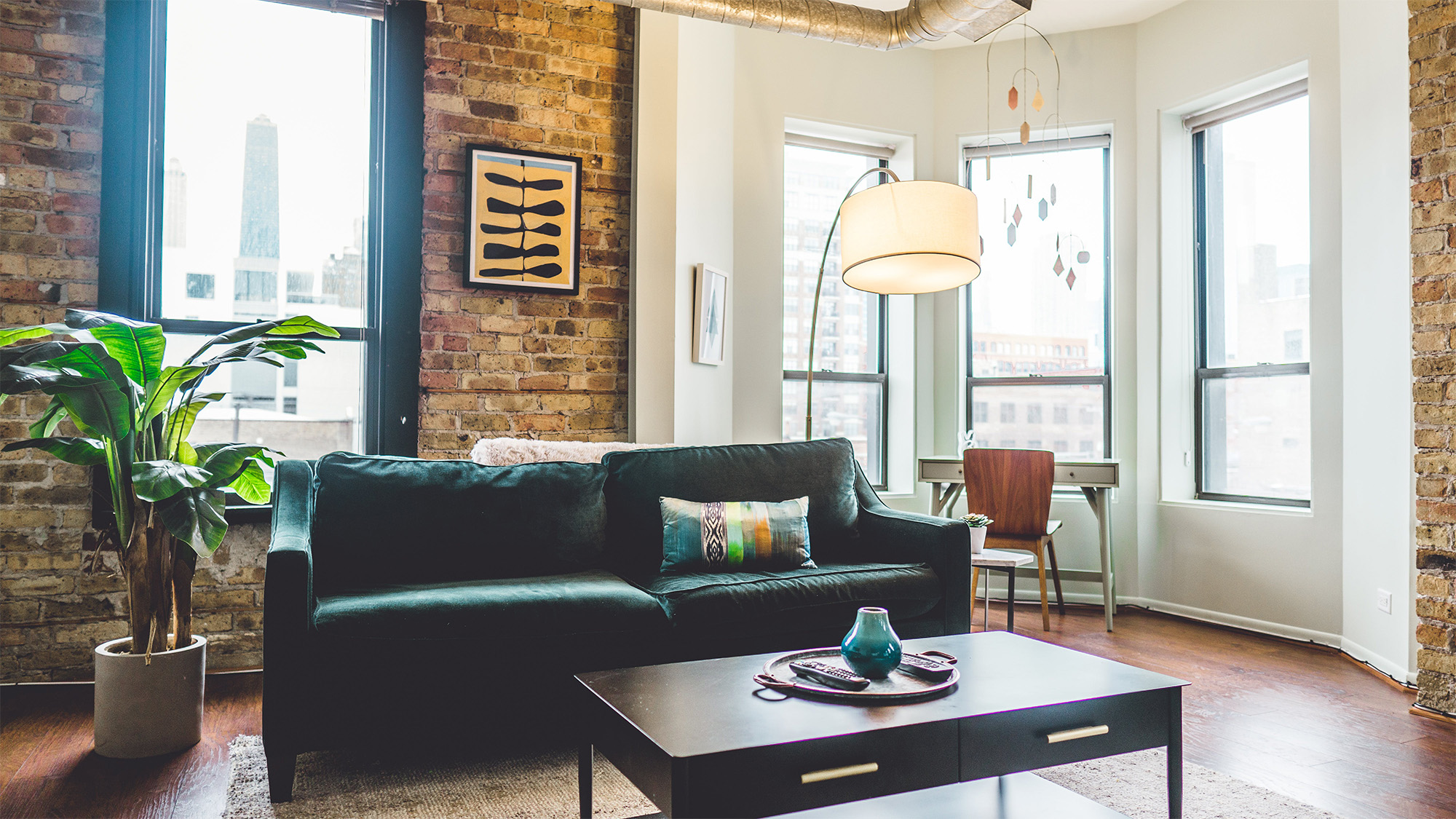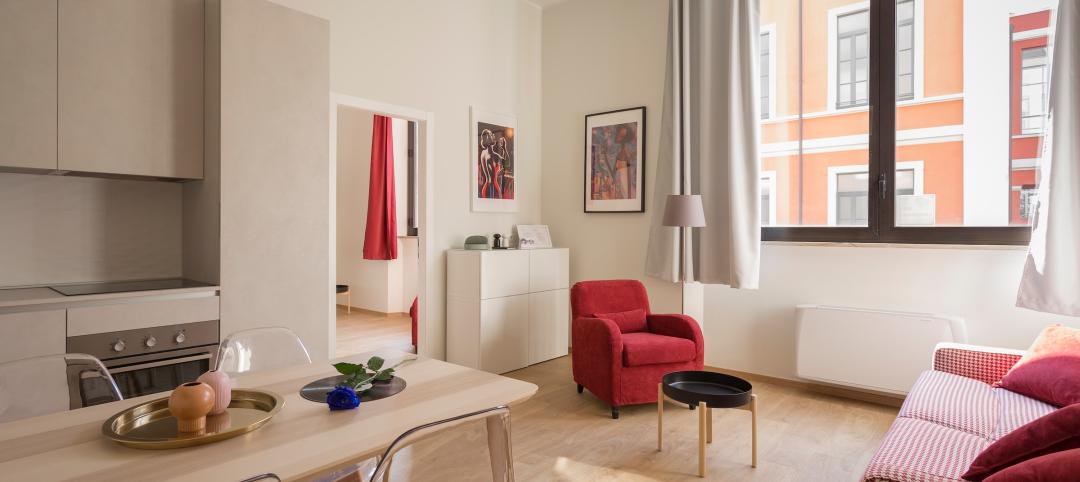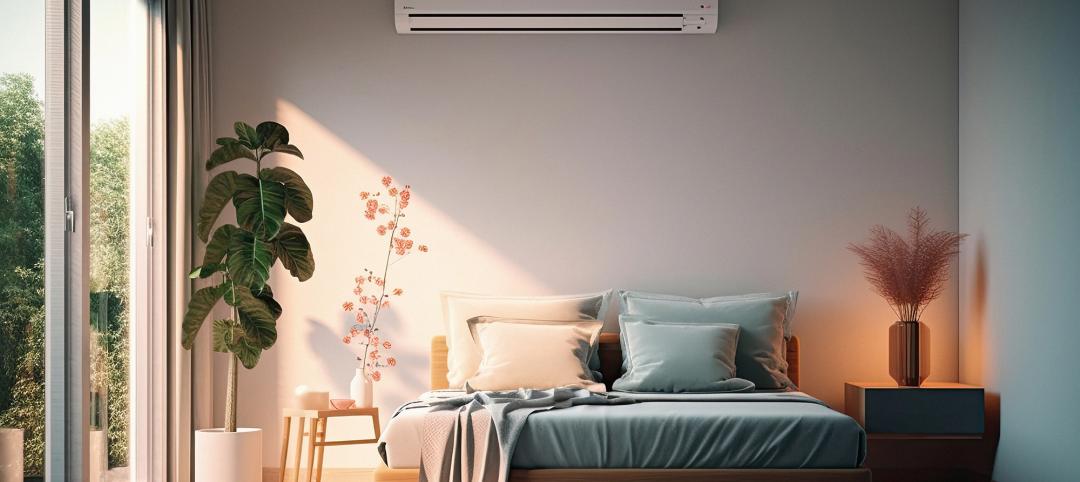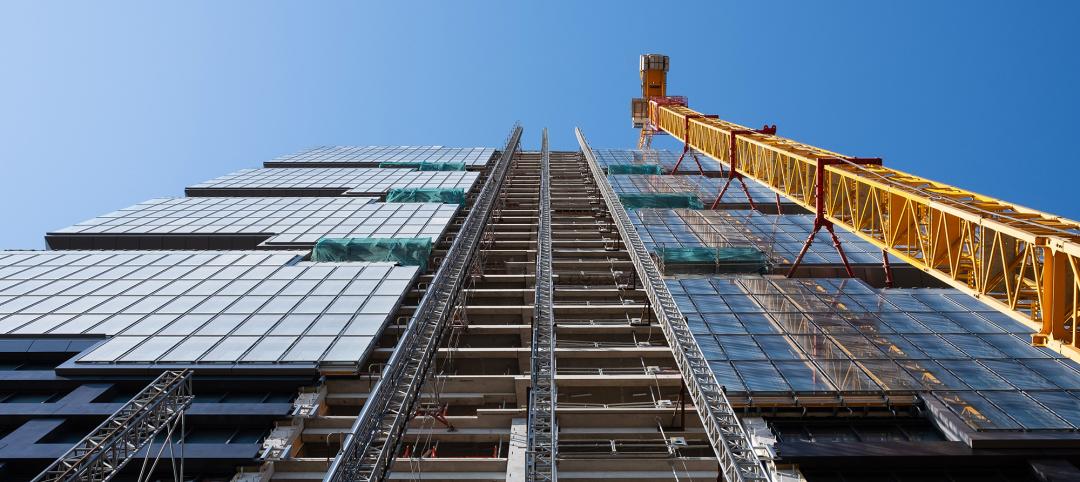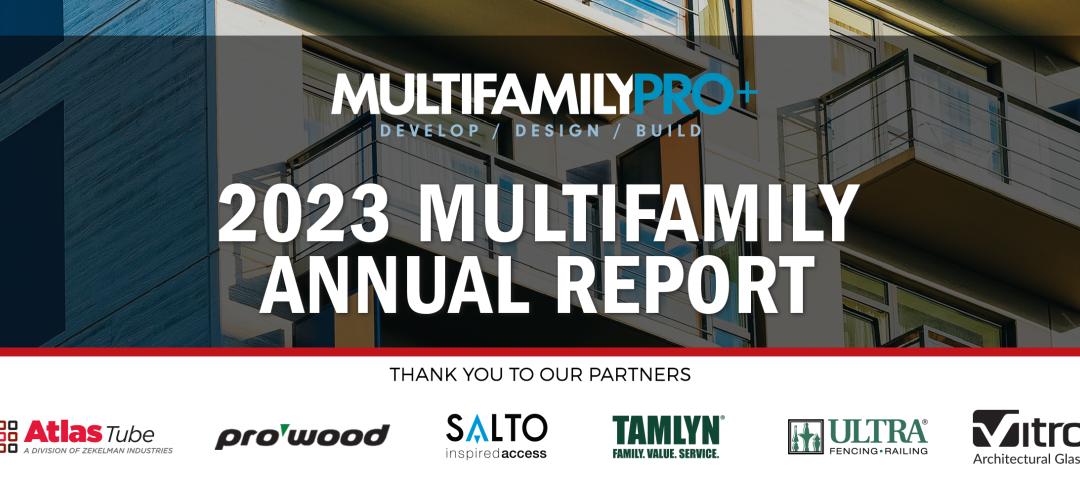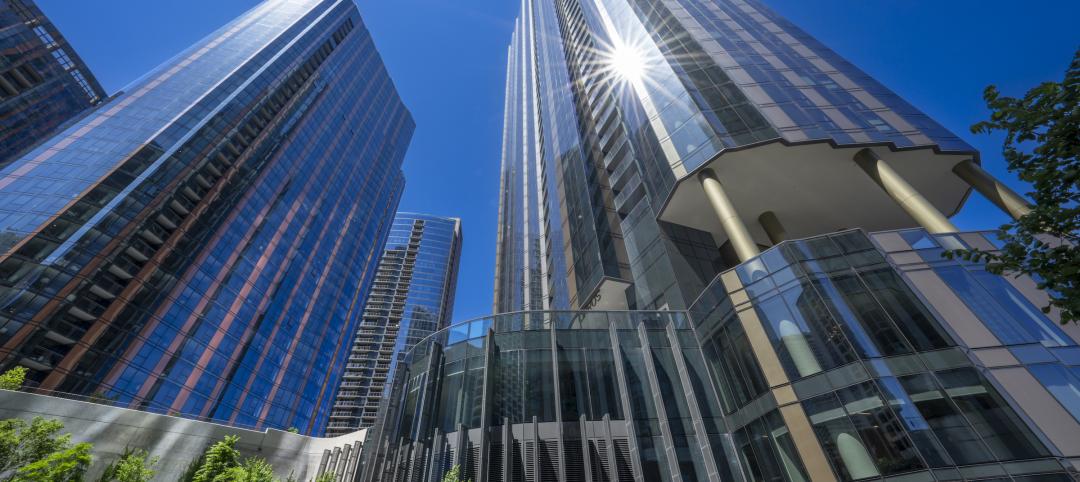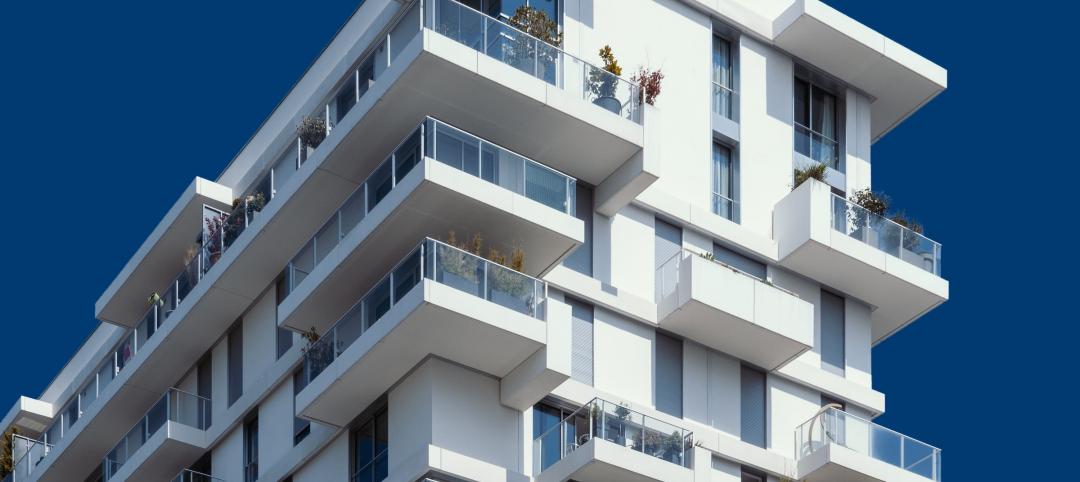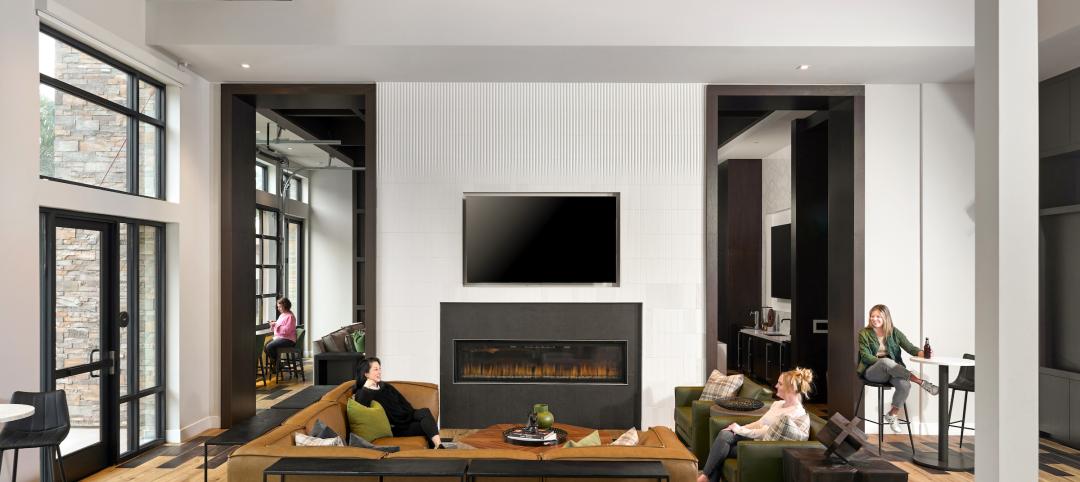The Trends Outlook Report by the American Society of Interior Designers (ASID) is the first of a three-part outlook series on interior design. The report is a collection of research from the U.S. Census Bureau, the Pew Research Center, and ASID's own survey research.
The findings of the 2024 report show an ever-present importance for community, connection, and authenticity. Here is the breakdown of all 11 design trends:
Top 11 Interior Design Trends for 2024
1. Living with and learning from Gen Z
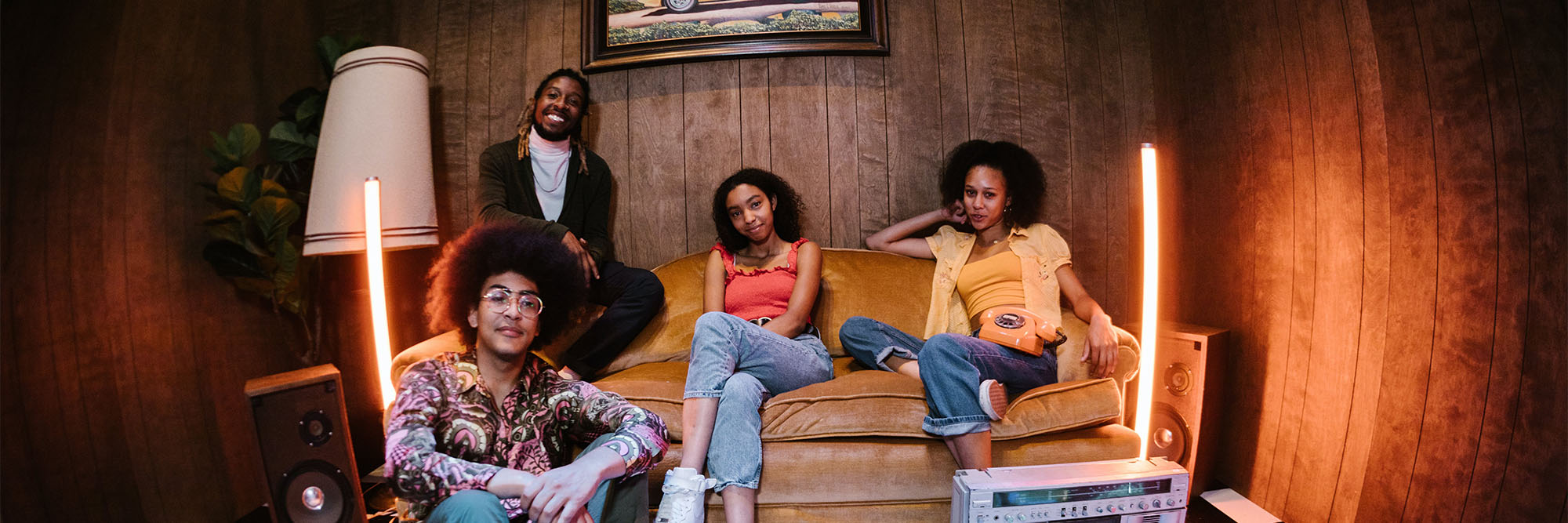
Gen Z, shaped by a unique set of challenges and experiences, seeks genuine connections and prioritizes spaces that foster community and social impact. Designers need to be mindful of their evolving values and concerns to create meaningful environments that resonate with this influential generation.
“Gen Z seeks genuine connections, and as this generation enters and occupies consumer culture, designers should be familiar with their evolving empathies and concerns.” — The Trends Outlook Report
2. Solo living and seeking connection

With the rise of single-person households, the need for connection within the home takes center stage. Designers are responding by emphasizing kitchen islands as social hubs and living spaces that seamlessly blend indoor and outdoor environments, fostering easy gathering and a sense of belonging.
“With solo-living on the rise, Americans are seeking connectedness to loved ones and their communities.” — The Trends Outlook Report
3. Comfortable and connected living

Friendship remains a vital concept across generations, and spaces are evolving to reflect this desire for camaraderie and comfort. From expansive kitchen islands that double as dining areas to living rooms with doors that open onto patios, the focus is on fostering connections with loved ones and furry friends, with pet-friendly materials and durable designs becoming increasingly important.
“Designers can support the comfort and camaraderie occupants desire by creating opportunities for gathering in the home, incorporating pet-friendly products, and designing spaces for amusement and ‘eatertainment’.” — The Trends Outlook Report
4. Health & wellness
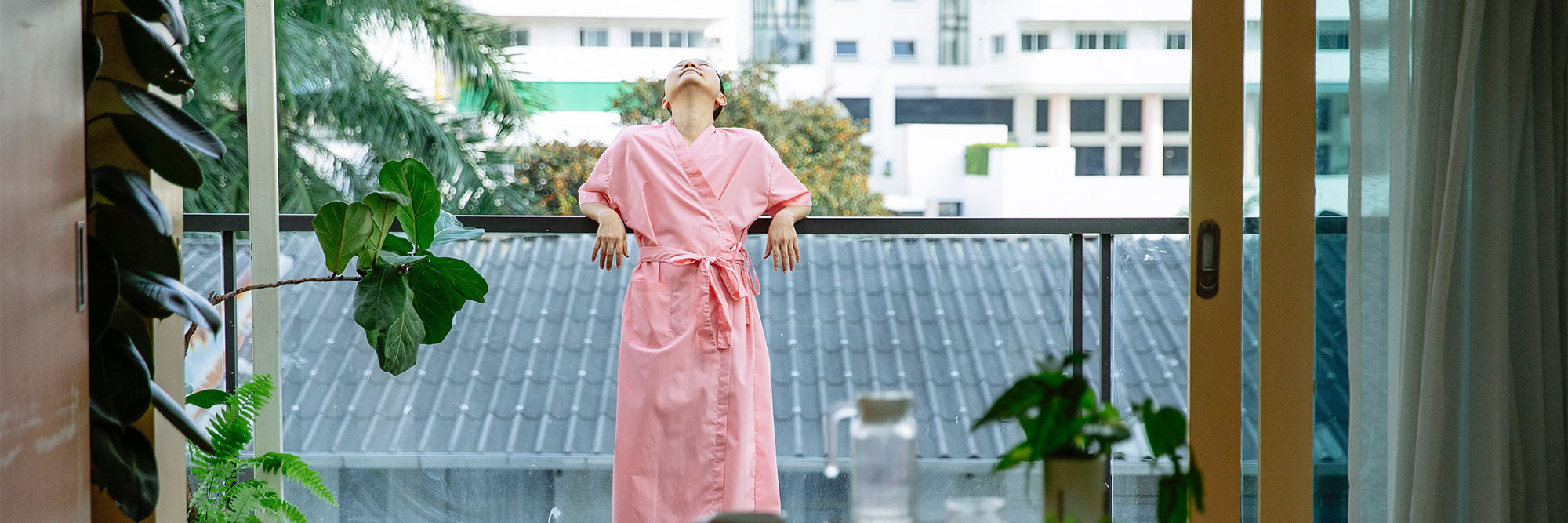
Wellness takes center stage in 2024, with consumers prioritizing natural, clean products and spaces that promote their health and well-being. Spa-inspired bathrooms and sleep-focused designs provide havens for relaxation, while the growing “sober-conscious” trend reflects a broader focus on mindful living.
“Consumers will spend more on the products that improve their health and wellbeing. Designers must consider this self-care push, including harnessing sleep data to support more rest for occupants.” — The Trends Outlook Report
5. Quiet luxury
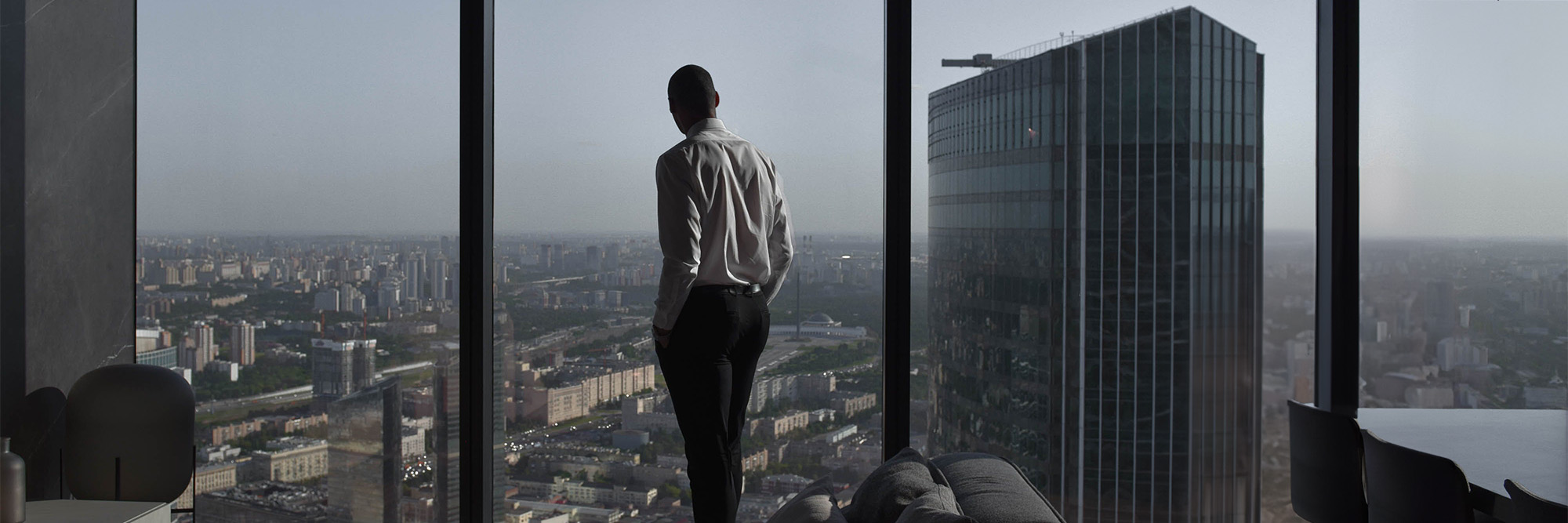
Luxury takes a shift towards personalized experiences and meaningful connections. Consumers are investing in timeless pieces that hold personal value and prioritize immersive experiences that leave a lasting emotional impact. This shift away from trendy items reflects a growing desire for sustainability and mindful consumption.
“Consumers seek a more low-key and personalized approach to luxury, investing in items that have more longevity and relevance—a more sustainable way to shop, as well.” — The Trends Outlook Report
6. Blurred lines in travel

The lines between living, working, and playing are blurring. Alternative accommodations and hybrid work models necessitate multifunctional spaces, from “eatertainment” areas in residences to co-working spaces and rooftop bars in corporate offices. Design becomes multifaceted, catering to the shifting needs of a world where work and leisure seamlessly blend.
“Alternative accommodations are on the rise, with guests blurring the lines of living, working, staying and playing.” — The Trends Outlook Report
7. A custom approach to today's workplace

Hybrid work demands a personalized approach to office design. Designers need to cater to the diverse preferences of different generations. Millennials embrace the flexibility of hybrid schedules, while Gen Z and Boomers often seek the professional mentorship and social interaction found in the office environment.
“Designers have the opportunity to help organizations create a more personalized approach to their hybrid work strategies, with physical spaces that support employee productivity and balance collaboration with focus.” — The Trends Outlook Report
8. AI technology

Artificial intelligence revolutionizes the design industry, offering personalized experiences and optimizing spaces for functionality and sustainability. Generative AI creates floor plans, designs, and even manages energy efficiency, pushing the boundaries of what design can achieve.
“Generative AI applications are being used in a variety of applications, such as generating floor plans, design iterations, occupancy and energy models, among other solutions; others are using it to increase autonomy and create experience-driven design.” — The Trends Outlook Report
9. Digital marketing in design

Mobile advertising reigns supreme, while social media platforms become a haven for thought leadership and employee advocacy. Businesses embrace their own employees as brand ambassadors, leveraging their voices to reach new audiences and influence marketing strategies.
“Employers, including designers, can look to their own workforce for advertising, as many employees are communicating and advocating for their brands on social media. ” — The Trends Outlook Report
10. Extreme weather event and climate impact

Climate change becomes a tangible reality, influencing consumer choices and design trends. With the increasing frequency of extreme weather events, sustainability takes center stage. Consumers support renewable energy solutions but remain hesitant about drastic lifestyle changes, creating a challenge for designers to create environmentally conscious spaces that resonate with diverse needs.
“Two-thirds of Americans say that they've experienced at least one of the five types of extreme weather (heat wave, flood, drought, wildfire, rising sea level), in the past year. Americans support making changes to address global climate change and prioritizing renewable sources—and designers have the power to contribute to these solutions.” — The Trends Outlook Report
11. Sustainability rules

The future of work prioritizes high-quality, low-carbon spaces to attract talent and comply with changing regulations. Investment in sustainability tech surges, allowing for better metrics and reporting. Designers who can help clients meet their sustainability goals and create holistic environments that support individual health, community well-being, and environmental stewardship will hold a competitive advantage in the years to come.
“Designers who can help clients meet their sustainability targets of high-quality, low-carbon workspaces will have a competitive advantage. Recognizing the interconnectedness of individual health, community health, and environmental stewardship also pays a key role.” — The Trends Outlook Report
The Trends Outlook Report is available for download for ASID members and is available to purchase on their website for non-members.
Related Stories
Industry Research | Nov 28, 2023
Migration trends find top 10 states Americans are moving to
In the StorageCafe analysis of the latest migration trends, each U.S. state was looked at to see the moving patterns of people in the last few years. These are the top 10 states that people are moving to.
Market Data | Nov 27, 2023
Number of employees returning to the office varies significantly by city
While the return-to-the-office trend is felt across the country, the percentage of employees moving back to their offices varies significantly according to geography, according to Eptura’s Q3 Workplace Index.
MFPRO+ News | Nov 21, 2023
Renters value amenities that support a mobile, connected lifestyle
Multifamily renters prioritize features and amenities that reflect a mobile, connected lifestyle, according to the National Multifamily Housing Council (NMHC) and Grace Hill 2024 Renter Preferences Survey.
Industry Research | Nov 17, 2023
Air conditioning amenity sees largest growth in Pacific Northwest region
The 2024 Renter Preferences Survey Report sheds light on the demographics, lifestyle, connectivity needs, and more for the renters of today. At the top of this list—the feature that respondents are “interested in” or “won't rent without”—is air conditioning.
Multifamily Housing | Nov 9, 2023
Multifamily project completions forecast to slow starting 2026
Yardi Matrix has released its Q4 2023 Multifamily Supply Forecast, emphasizing a short-term spike and plateau of new construction.
MFPRO+ Special Reports | Oct 27, 2023
Download the 2023 Multifamily Annual Report
Welcome to Building Design+Construction and Multifamily Pro+’s first Multifamily Annual Report. This 76-page special report is our first-ever “state of the state” update on the $110 billion multifamily housing construction sector.
Market Data | Oct 23, 2023
New data finds that the majority of renters are cost-burdened
The most recent data derived from the 2022 Census American Community Survey reveals that the proportion of American renters facing housing cost burdens has reached its highest point since 2012, undoing the progress made in the ten years leading up to the pandemic.
Giants 400 | Oct 23, 2023
Top 115 Multifamily Construction Firms for 2023
Clark Group, Suffolk Construction, Summit Contracting Group, Whiting-Turner Contracting, and McShane Companies top the ranking of the nation's largest multifamily housing sector contractors and construction management (CM) firms for 2023, as reported in Building Design+Construction's 2023 Giants 400 Report. Note: This ranking factors revenue for all multifamily buildings work, including apartments, condominiums, student housing facilities, and senior living facilities.
Giants 400 | Oct 23, 2023
Top 75 Multifamily Engineering Firms for 2023
Kimley-Horn, WSP, Tetra Tech, Olsson, and Langan head the ranking of the nation's largest multifamily housing sector engineering and engineering/architecture (EA) firms for 2023, as reported in Building Design+Construction's 2023 Giants 400 Report. Note: This ranking factors revenue for all multifamily buildings work, including apartments, condominiums, student housing facilities, and senior living facilities.
Giants 400 | Oct 23, 2023
Top 190 Multifamily Architecture Firms for 2023
Humphreys and Partners, Gensler, Solomon Cordwell Buenz, Niles Bolton Associates, and AO top the ranking of the nation's largest multifamily housing sector architecture and architecture/engineering (AE) firms for 2023, as reported in Building Design+Construction's 2023 Giants 400 Report. Note: This ranking factors revenue for all multifamily buildings work, including apartments, condominiums, student housing facilities, and senior living facilities.



